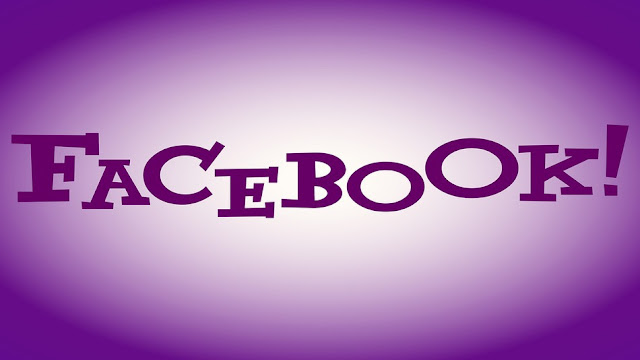It is 2020 and you are 13 years of age. There is little distinction between the real world and online. It ensures that your computer from IM, text, photo or video just blinked away. His friends are almost always accessible and can hang out almost as easily as you can IRL.
You do not have to participate in a public forum, but one of its terms. Social networking is baked into their daily experience how the web was synonymous with computers and mobile devices back in 2013.
Where does this fit into this story? Still popular and impact - with their parents. In other words, this is becoming Yahoo.
Laughing if necessary. Yahoo these days the 90 recoil Marissa Mayer is desperately trying to revive. At one point, though, Yahoo was so dominant on the web today because Facebook. Fifteen years ago, Yahoo is the number one destination on the web, with 40 million visitors monthly. That may sound like chump change compared to Facebook 1.1 billion, but it is estimated that only 140 million people on the network at that time.
See also: I have 13 years and one of my friends use Facebook
It is true that Yahoo was not at his peak as dominant as Facebook. In 1998, about one third of Internet users visiting Yahoo. Today, a global audience of 2.4 billion, almost half of Facebook. That said, in terms of raw numbers, Yahoo still no slouch. Approximately 700 million people a month visit the site of Yahoo and the United States, at least, Yahoo gets more visitors than Facebook.
Why is this still considered a company much hotter than Yahoo? Demography. Overindexes Facebook users under 18 years and especially between 18-24 years of age, according to Quantcast. Yahoo Underindexes the overindexes below 18 and only slightly in the 18-24s.
Facebook can maintain its dominant position in the market of youth? It's certainly possible. As Rob Callender, youth director Futures Company ideas, notes the Chicago-based researcher, Apple and Nike managed to be cool to teens year after year.
However, the latest research shows that teen use of Facebook Callender stabilized. Despite reports to the contrary, however, there are mass leaving the platform. "It was non-significant decrease" he says. Some of the questions that the phenomenon often cited children who frightened the older family members suddenly friending them. "When people found out that the aunts and grandparents subsequently, enthusiasm went up in a puff of smoke," says Callender. (See 50 years old, iPhone not seem to have the same effect.)
Ruby Karp, 13-year-old explained the problem in a recent article on Intecs about Facebook: "All of our parents and friends Facebooks parents not just the fact that I get from time to time, such as wall posts , ". Hello Sweetie Pie! "But my friends pictures placement getting in trouble with parents."
Fortunately for Facebook, no social media giant to replace. In contrast, adolescents are being diverted away from Snapchat and messaging apps. Because adolescents privacy hobby ", representing the closed circuit networks potent threat to Facebook, is taking steps to become a public platform.
The wild card in the mix Google Glass. If successful laptop so popular in a few years and filters to teenagers, could drastically change the way we consume media. Facebook has shown it can adapt to mobile, but will give that experience with something like Google Glass challenge because the challenge. As with mobile, Facebook will be lost aesthetic advantage; 's Glass will be another application. Here, a key selling point of Facebook - massive user base - working against it in adolescence seeking more personal experience.
In this doomsday scenario, Facebook is not going away. Like Yahoo, also was to be, a huge database user aging. Still make money, but his glory days behind it, Facebook is observed once again the maxim that demography is destiny.
You can follow us on Twitter, add us to your circle on Google+ or like our Facebook page to stay updated on the latest news from Microsoft, Google, Apple and the web.















0 comments: